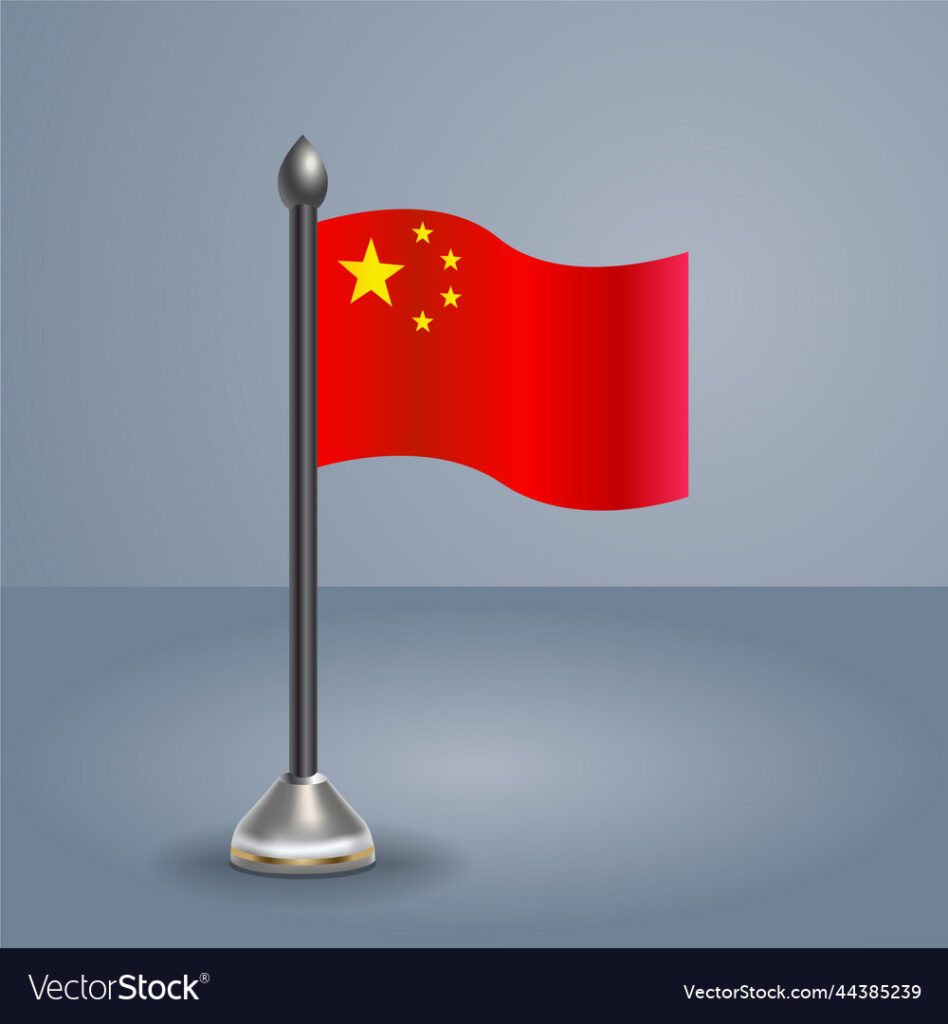A surprise visit
On January 30, in an official ceremony held by the Chinese government in Beijing, foreign diplomats presented their credentials to President Xi Jinping. One of the 309 diplomats who lined up was Bilal Karimi, a former Taliban spokesman. After two years of negotiations, China recognized him as an official envoy to Beijing. This makes Xi’s government the first in the world to do so since the Taliban seized power in Afghanistan in 2021.
Since the United States withdrew forces from Afghanistan in 2021, China has been investing in the country. This move allowed the Taliban to return to power, leading to the collapse of the Western-backed Afghan government. Although Beijing accepted the Taliban on January 30, the Chinese Ministry of Foreign Affairs was quick to clarify that their acceptance of diplomatic credentials did not signify official recognition of Afghanistan’s current rulers.
However, Beijing’s decision had already secured a significant diplomatic victory for the Taliban, as the group has been struggling for global recognition since taking power. The Taliban has remained isolated on the international front due to the restrictions it has imposed on the rights and freedoms of women. This isolation and the resulting economic sanctions imposed by the West have had a severe impact on Afghanistan’s economy.
The recognition of Karimi as the Taliban envoy to Beijing by China has raised questions about why China did so and what it means for the Taliban.
China’s stake in Afghanistan
According to recent reports, China has increased its engagement with the Taliban rulers in Afghanistan, despite their outcast status in the world. In 2023, several Chinese firms signed business deals with the Taliban government, including a 25-year-long oil extraction contract worth an estimated $150 million in the first year and up to $540 million over the next three years.
Jiayi Zhou, a researcher at the Stockholm International Peace Research Institute (SIPRI), confirmed the existence of a history in this relationship.
“The Taliban are not an unknown entity to the Chinese government, which reached out to them when they were a pariah government in the late 1990s and continued to maintain a working relationship with the Taliban as an insurgency group,” she told Al Jazeera.
Beijing’s decades-long pragmatic relationship with the Taliban, Zhou said, is a “natural consequence” of a number of factors, most prominently security.
“As a direct neighbor of Afghanistan, China’s own security depends on the Taliban. It can ill-afford to alienate or antagonize them, and certainly has no interest in doing so over values,” she said,
And Beijing isn’t alone in seeking such a pragmatic relationship with the group.
“Most of Afghanistan’s neighbors hold the same position as China: that the Taliban need to be engaged with, rather than isolated,” she said. “China’s [acceptance of the Taliban ambassador] is very much indicative of a China that has become comfortable being a first mover in the foreign policy domain.”
Taliban’s perception
The situation in Afghanistan is dire, with millions of people facing extreme food insecurity and unemployment due to sanctions imposed by the West. As per estimates, around 23.7 million people require urgent humanitarian aid.
The Taliban, in need of support, has found a major ally in China, as the US has chosen not to engage. The Taliban would have preferred stronger ties with the US, China, Russia, and India, but since that’s not possible, China’s support is crucial for them now. It’s time for global powers to come together and provide the necessary aid and support to the Afghan people to help them rebuild their lives.
A cautious approach
The Taliban’s decision to develop closer ties with China could come at a cost, warns ICG analyst Bahiss. Other countries have discovered, to their chagrin, that falling into the Chinese grip is not always beneficial. However, both sides seem willing to play that game for now.
While the Taliban is seeking recognition, they may still be cautious about engaging with Beijing. They understand that moving towards China will cause Russia and India to hesitate in expanding their relations with Kabul, leading to a dilemma of singularity of foreign patrons. The Taliban is desperate to avoid this outcome.
China has emerged as a key driver of the region’s outreach and engagement with the Taliban. However, this has created a spiral where the more isolated the Taliban becomes, the more they turn to China to replace the diplomatic weight previously provided by the US. It’s important for the Taliban to consider the long-term implications of this relationship with China and the potential risks it could bring.
